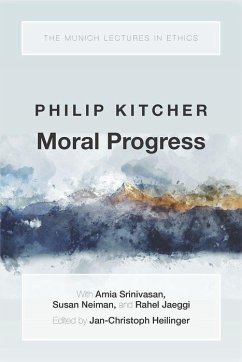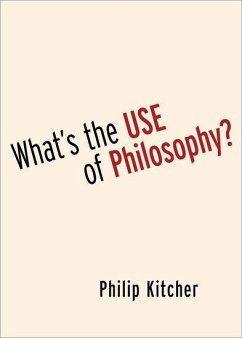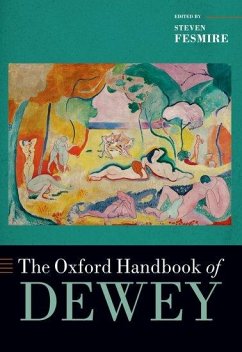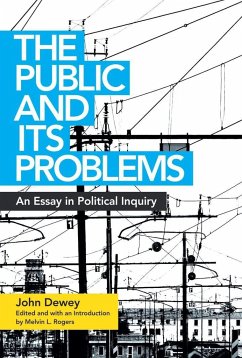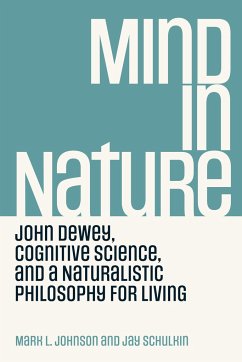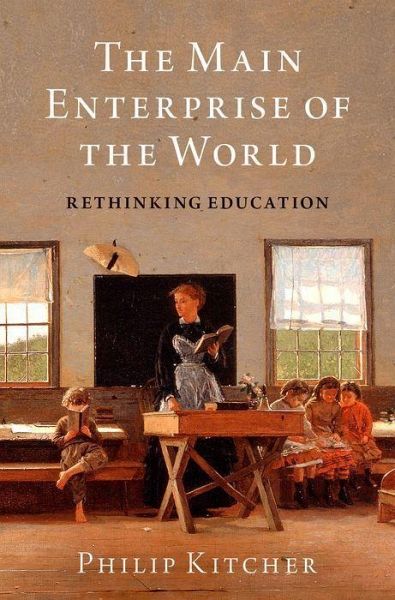
The Main Enterprise of the World
Rethinking Education
Versandkostenfrei!
Versandfertig in 2-4 Wochen
56,99 €
inkl. MwSt.

PAYBACK Punkte
28 °P sammeln!
Philip Kitcher's The Main Enterprise of the World offers a sweeping vision of the goals of education. Kitcher considers the ways in which schools and universities should advance their goals, explores the social changes required to make high-quality education available to all, and argues that these reforms are economically sustainable. Drawing on figures like Dewey, Mill, Atkinson, and others who have written deeply on education, both in theory and in practice, Kitcher's erudite yet accessible volume--the inaugural volume in the Walter A. Strauss Lectures in the Humanities series--offers an ext...
Philip Kitcher's The Main Enterprise of the World offers a sweeping vision of the goals of education. Kitcher considers the ways in which schools and universities should advance their goals, explores the social changes required to make high-quality education available to all, and argues that these reforms are economically sustainable. Drawing on figures like Dewey, Mill, Atkinson, and others who have written deeply on education, both in theory and in practice, Kitcher's erudite yet accessible volume--the inaugural volume in the Walter A. Strauss Lectures in the Humanities series--offers an extensive reconsideration of how we might change our educational institutions to respond not just to the 21st century economy, but to the deeper need for lifelong human flourishing.
Dieser Artikel kann nur an eine deutsche Lieferadresse ausgeliefert werden.



